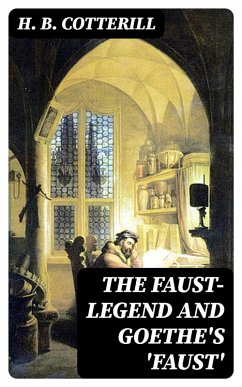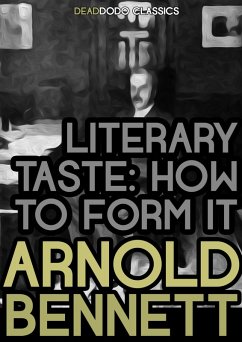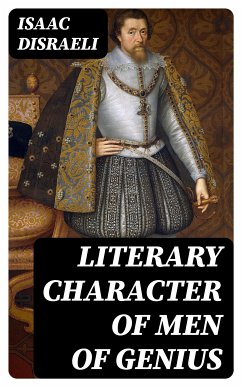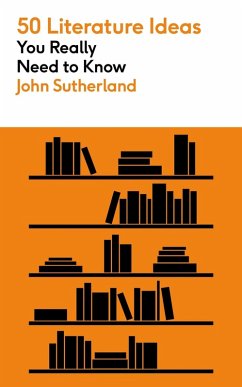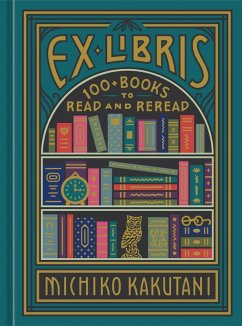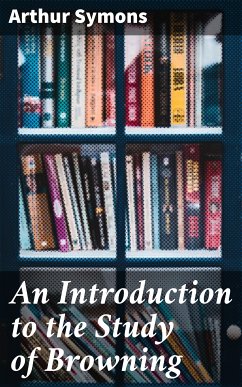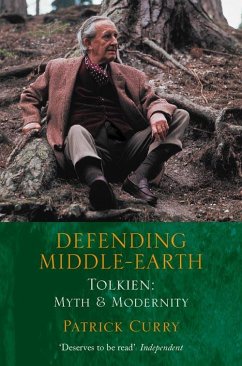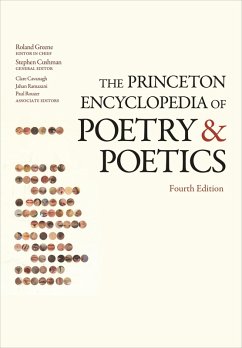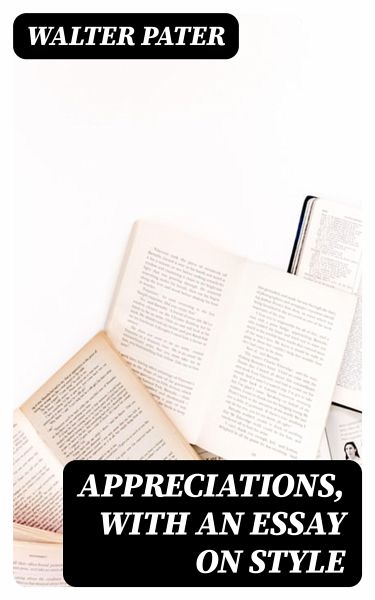
Appreciations, with an Essay on Style (eBook, ePUB)
Versandkostenfrei!
Sofort per Download lieferbar
0,49 €
inkl. MwSt.
Weitere Ausgaben:

PAYBACK Punkte
0 °P sammeln!
In "Appreciations, with an Essay on Style," Walter Pater delivers a masterful exploration of aesthetic philosophy through a collection of critical essays that scrutinize the intricate relationship between art and perception. With a literary style characterized by its lyrical beauty and rich, vivid imagery, Pater engages deeply with the works of luminaries such as Leonardo da Vinci, Michelangelo, and literature's modernists, foregrounding the aesthetic experience as a profound and subjective engagement with life itself. This work not only reflects the intellectual milieu of the late Victorian e...
In "Appreciations, with an Essay on Style," Walter Pater delivers a masterful exploration of aesthetic philosophy through a collection of critical essays that scrutinize the intricate relationship between art and perception. With a literary style characterized by its lyrical beauty and rich, vivid imagery, Pater engages deeply with the works of luminaries such as Leonardo da Vinci, Michelangelo, and literature's modernists, foregrounding the aesthetic experience as a profound and subjective engagement with life itself. This work not only reflects the intellectual milieu of the late Victorian era-a period rife with artistic experimentation-but also endeavors to articulate a doctrine of aestheticism that champions beauty as both a guiding principle and a moral imperative in art. Walter Pater was a pivotal figure in the aesthetic movement, whose scholarly pursuits in literature and philosophy laid the groundwork for modern literary criticism. His early career in academia afforded him a unique vantage point to appreciate the nuances of artistic expression and its philosophical underpinnings. Influenced by his encounters with Romanticism, Pater's deep-seated belief in the significance of personal interpretation and the inherent value of beauty permeates his work, establishing him as a voice of radical thought in an era of rigid conventions. For those seeking insight into the convergence of art and aesthetics, "Appreciations" stands as an essential read. Pater's elegant prose invites readers to contemplate the essence of beauty, encouraging a richer understanding of artistic endeavor and its emotional resonance. This book is a treasure for scholars, artists, and anyone wishing to cultivate an appreciation for the delicate interplay between style and substance in the world of arts.
Dieser Download kann aus rechtlichen Gründen nur mit Rechnungsadresse in A, B, BG, CY, CZ, D, DK, EW, E, FIN, F, GR, H, IRL, I, LT, L, LR, M, NL, PL, P, R, S, SLO, SK ausgeliefert werden.




